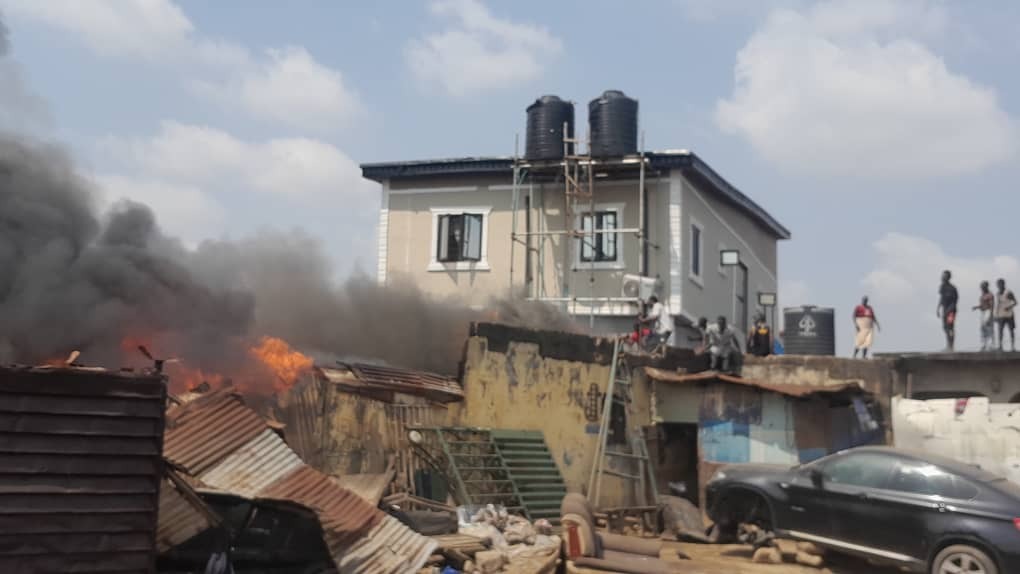The Federal Ministry of Education, in collaboration with Partnership for Learning for All in Nigeria (PLANE), yesterday, unveiled the National Policy on Non-State Schools in Nigeria (NPNSN), with emphasis on key requirements from operators, including quality education, security and accountability.
The regulatory policy expects operators to provide adequate security for learners, staff and facilities, adhere to health and safety regulations, and maintain high teaching and learning standards.
“Non-state schools must employ qualified teachers with necessary qualifications and experience, registered, certified and licensed by the Teachers Registration Council of Nigeria (TRCN),” it reads in part.
The policy is also aimed at addressing challenges confronting non-state schools, including infrastructural deficit, poor quality of teachers and curriculum delivery.
In his keynote address, the Minister of Education, Dr. Tunji Alausa, described the document as a key component of the National Educational Sector Renewal Initiative, which provides a framework for reforming the country’s education sector.
Admitting that non-state schools play a significant role in the nation’s education system, catering for over 50 per cent of pupils and students’ population, Alausa, however, decried the lack of a comprehensive policy, which had been responsible for inconsistent operations and regulations across the federation.
His words: “This policy on non-state schools is a key component of that initiative. By harnessing the potential of non-state schools, we can increase access to quality education, improve learning outcomes and promote economic growth.”
The minister observed that between 2017 and 2022, there was about 39 per cent growth in non-state schools, while public schools only grew by about 3.5 per cent for primary schools and about three per cent for junior secondary schools.
He added: “And let me tell you, this will continue as our population continues to grow. We expect the non-state schools to fill in the gap, but then, we want to hold you more accountable.
“While doing that, we will provide separate incentives to you. We have ongoing discussions with members of the private non-state school association on how we can utilise capacity in your schools to reduce the burden of out-of-school children.”
Alausa disclosed that the government was willing to provide indirect reimbursement to private schools for every out-of-school child who is enrolled.
President, Coalition of Non-State Schools, Saleh Kwaru, said the alliance has over 300,000 private schools, including faith-based, voluntary and many other educational systems in the country.
He noted that members were part of the policy drafting and are ready to implement the guidelines. Kwaru canvassed the support of the private sector for private schools to achieve desired results.
Senior Education Officer, British High Commission, Ian Attfield, pointed out that while there are private schools in the country that cater for the rich, an overwhelming number of non-state schools provide for poorer members of the society.
“That burden, coming from fees raised by the community or parents, would have fallen on the government. So, the UK is partnering with non-state schools and the Nigerian government to spread the affordability and access to quality education,” he said.






